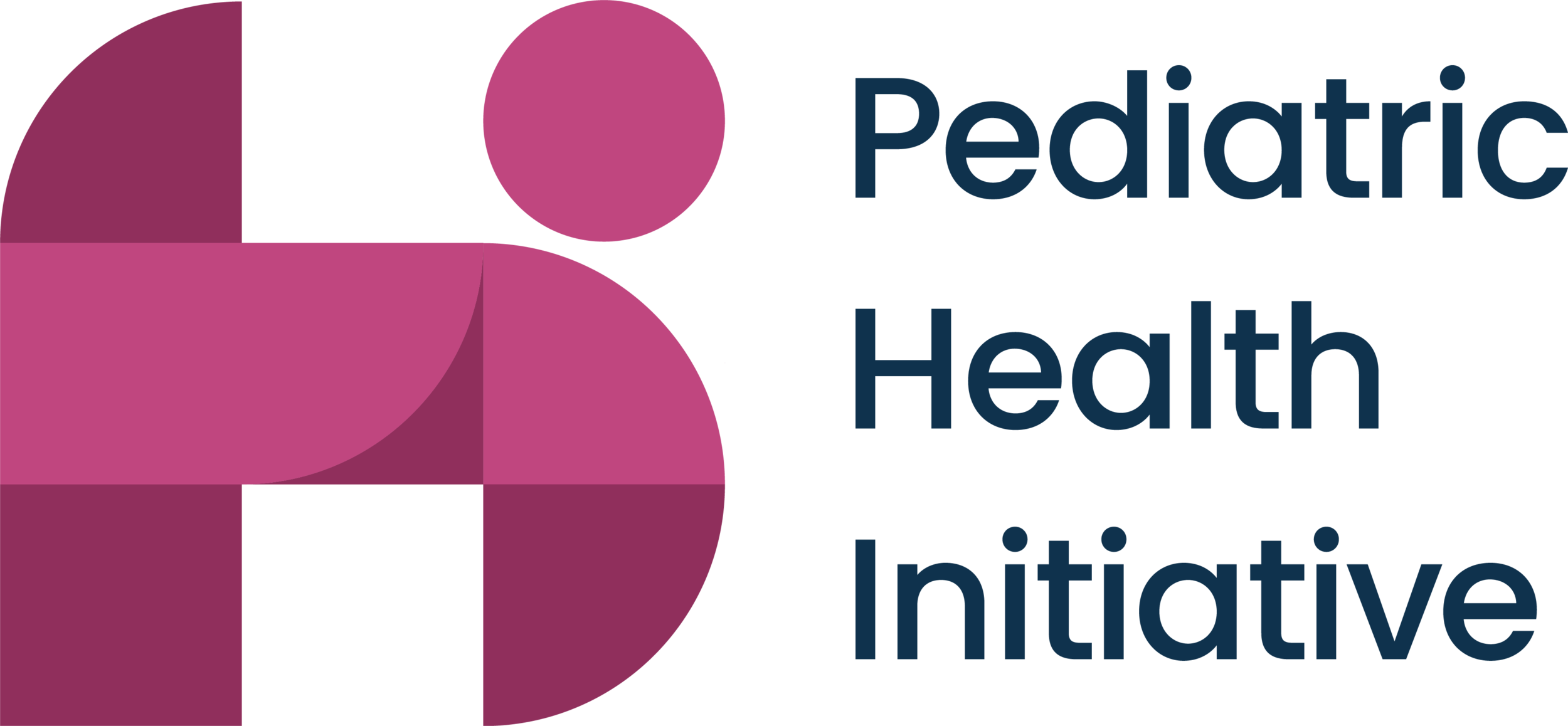Kagando Hospital - originally a missionary hospital for lepers, was founded by the Anglican Church of Uganda and has, since its inception in the 1960s, grown gradually.
Today, Kagando is a relatively large community hospital with pediatric, neonatal, gynecology, obstetrics, internal medicine and surgical departments, and a small intensive care unit with five beds. The hospital is located in the northwest of Uganda, not far from the Congolese border. The rural surroundings are beautiful as the hospital is located next to the foothills of the Ruwenzori mountain range, where the small village of Kisinga is located.
The pediatric ward is divided into different sections: high-, middle-, and low-dependency, all with different categories of patients, often with 2-3 children sharing each bed.
On average some 80 patients are cared for in the pediatric ward every day, with an additional 20 patients in the neonatal ward. The pediatric department is managed by 1-2 Ugandan interns (directly after graduation) and one licensed doctor (medical officer). Approximately once a week, complicated clinical cases are discussed with the pediatrician during the ward round.
The hospital has various out-reach programs in the surrounding areas (HIV, maternal & child, palliative care, psychiatry and epilepsy), where teams of medical staff visit the surrounding villages to meet patients, distribute drugs, vaccinate, and educate on topics such as family planning, contraceptives and hygiene.
Residents in pediatrics at Karolinska University Hospital have the opportunity to spend their external rotation at Kagando Hospital for up to three months of their residency, with retained salary. Residents are given the opportunity to work with severely ill patients in an environment with very limited resources compared to Sweden. Since Kagando Hospital has got few ordinary staff, the colleagues at Kagando Hospital are interested to develop an exchange program in which Karolinska contributes with clinical training for doctors and nurses on site in Uganda. They can also collaborate in development projects and medical research, in order to improve healthcare in Uganda.
Previous exchanges
December 2017 – February 2018: Anne Elwin and Sara Seger, at that time, residents in pediatrics, spent 3 months working in the hospital. They worked in the pediatric ward and one week in the neonatal ward. They worked day shifts, doing rounds and admitting new patients to the wards. They also participated in some outreach projects. With help from the pediatrician in charge and the head nurses they initiated a new routine at the pediatric ward: Having a start up meeting every morning with the staff working in the pediatric ward. This improved the teamwork and also reduced communication issues during the work day Their stay was very appreciated and educational.
Kagando Hospital is very committed to improving patient care and medical practices. Colleagues from other countries who come to Kagando to help are greatly appreciated for their efforts by both staff and patients.
March of 2020:
Two pediatric residents along with PHI representatives from Sweden traveled to Uganda to begin their rotation at the pediatric ward of Kagando Hospital. Unfortunately, after only two weeks on-site, the government of Uganda, as a result of the pandemic, decided to close its borders and impose lock-downs. The team from Sweden made the trip back home ahead of schedule but hope to be back at Kagando within the near future.
Recommended preparations:
Vaccinations; malaria profylaxis, valid yellow fever certificate, hepatitis A, hepatitis B, typhoid, cholera, meningitis, polio, MMR (measles, mumps and rubella), DTP (diphtheria, tetanus and pertussis), difteria, typhoid, measles, meningococci-.
Insurance. Get an extended work insurance from HR. Extended home insurance if possible?
Apply for a Ugandan medical license
Visa, either a work visa or a tourist visa (ask the head pediatrician at Kagando)
Invitation letter from Kagando Hospital
Get information from the Foreign Office (UD) about the current security level in Uganda, and directly from Kagando Hospital


